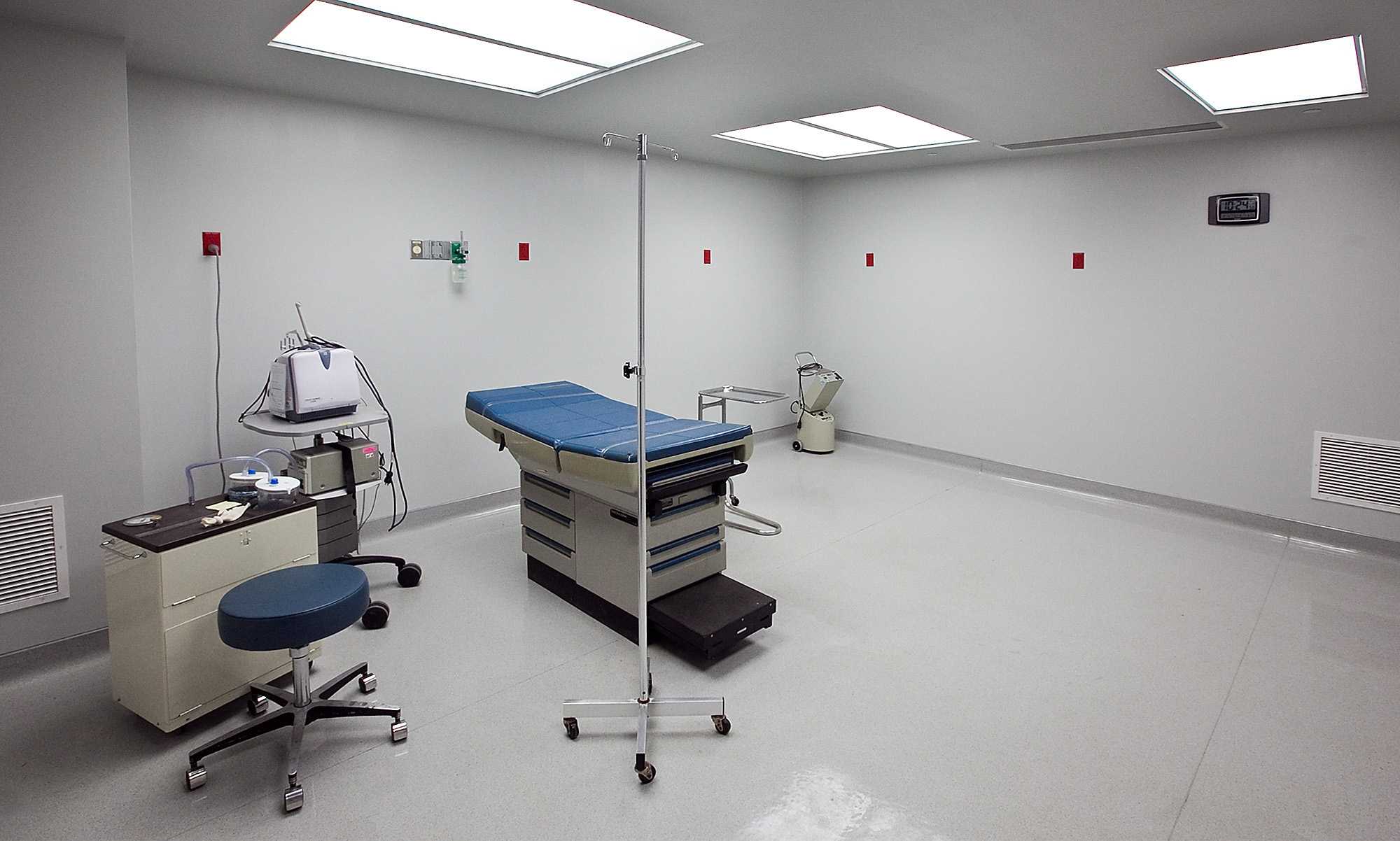New restrictions on abortion practices passed in the Louisiana Senate on Monday, requiring a doctor’s presence when administering an abortion pill.
Senate Bill 90, authored by Sen. Fred Mills, R-New Iberia and St. Martin, tightens the rules on abortions and is creating conflict between pro-life and pro-choice groups.
It specifically targets Internet abortions, which use specially made pills administered by the patient at home with a doctor guiding the process via video feed, such as Skype.
The bill requires those who perform abortions to be licensed Louisiana physicians as well as obstetrics and gynecology board-certified. The bill also requires a doctor’s physical presence when the abortion pill is administered.
In Louisiana, women up to nine weeks pregnant can receive an abortion via the abortion pill, and in some states women can receive instructions on taking the pill from physicians by communicating through the Internet.
The bill states that violators would be penalized if these regulations are violated.
Currently, when a woman is prescribed the abortion pill — medically known as mifepristone — she will have an abortion and follow up with a doctor, but does not need to be present with her doctor while taking mifepristone and accompanying antibiotics, according to Planned Parenthood.
Melissa Flournoy, Louisiana state director of Planned Parenthood Gulf Coast, released an opposition statement for SB 90.
“Unfortunately, some activists and politicians are pushing for additional restrictions targeting abortion providers only. These laws aren’t about protecting women’s health and safety; instead they aim to limit women’s access to safe and legal abortion,” the statement said.
International trade and finance freshman Shannon Blood said ultimately she would like to see an end to abortion, but the bill offers smaller steps toward an end goal.
“Even if it is going to be step by step, it’s still going to be closer to getting rid of abortion,” Blood said.
Cole Richardson, finance senior, said the bill will make abortions safer by requiring a physician’s presence.
In the news release, Flournoy wrote that the bill’s requirements on abortion providers stem from a desire to eliminate women’s access to abortion.
Additionally, Flournoy wrote that claims about unsafe, non-surgical abortions are false, citing the article “The Comparative Safety of Legal Induced Abortion and Childbirth in the United States.”
“Even if it is going to be step-by-step, it’s still going to be closer to getting rid of abortion.”






